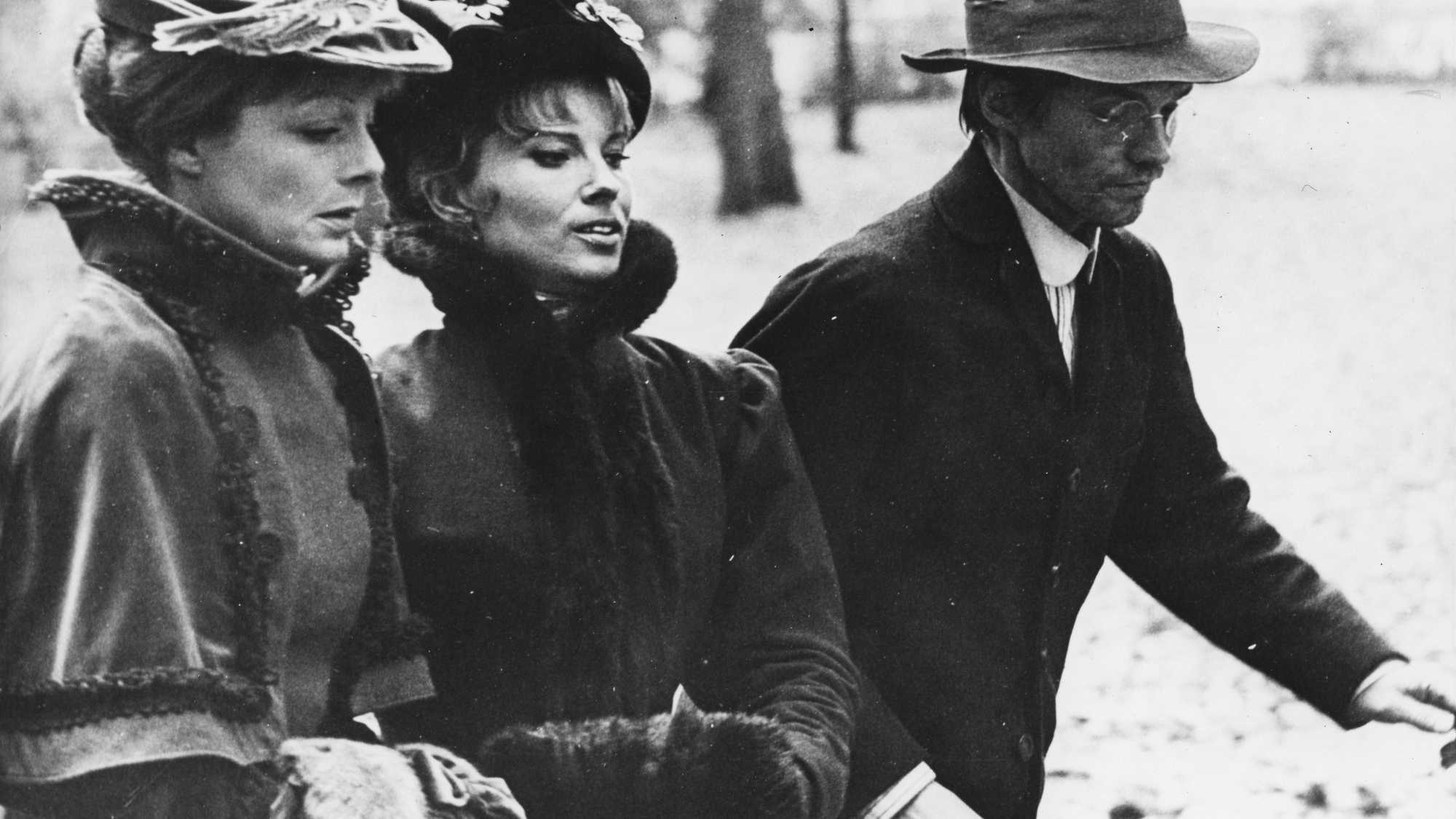The film that opened the first Auckland International Film Festival is a Scandinavian classic, an intense, superbly acted portrait of a self-dramatising young writer and the late 19th-Century society he rejects.
%20KEY_web-2000-2000-1125-1125-crop-fill.jpg?k=72bc48f76d)
_web-2000-2000-1125-1125-crop-fill.jpg?k=32c171d15e)

This unforgettable film version of Knut Hamsun’s great novel won the Best Actor award at Cannes. It is one of the great film performances of all time.
Screened as part of NZIFF 2018
Hunger 1966
This exacting, bleakly funny portrait of a starving artist opened the first Auckland International Film Festival on Sunday 14 September, 1969. The Festival’s Auckland Star ad promised “A motion picture no one will ever forget!” It is, for sure, one worth remembering. Writer Paul Auster cites seeing Hunger as the turning point that led him to Knut Hamsun and to literature. And look where it led us.
Set in Kristiana (now Oslo) in 1890, shot in 1965 in parts of the city that would soon be demolished, Hunger is one of those black and white films, like Keaton’s The General, that seems to have sprung from the time and place it represents. Yet, for all the scrupulous realism, there is an existential malaise palpable in the snow-dusted streets and autumnal parks where people are always walking, walking, walking.
“From Strindberg to von Trier, there has always been a distinctively pokerfaced humour streak running through Scandinavian dourness, keeping it perpetually on the brink of absurdism. Hunger, Henning Carlsen’s version of Knut Hamsun’s novel, plays out accordingly as harrowing tragedy of disintegration and grim comedy of intransigence. The two duelling impulses are loaded onto the shoulders of the protagonist, Pontus (Per Oscarsson), who over the course of the tormented narrative becomes a sly literalization of the starving-artist concept… He’s a bespectacled totem of existential mulishness, refusing to let go of his pride even as it eats at the walls of his stomach…
Per Oscarsson’s justly celebrated performance [provides]a fearless portrayal of concentrated intensity that erases any boundaries between the physical and the mental and, in a superb scene addressing his unattainable muse (Gunnel Lindblom), illuminates the aching folly of artistic pride: ‘One doesn’t have to be mad just because one is sensitive.’” — Fernando F. Croce, Slant
